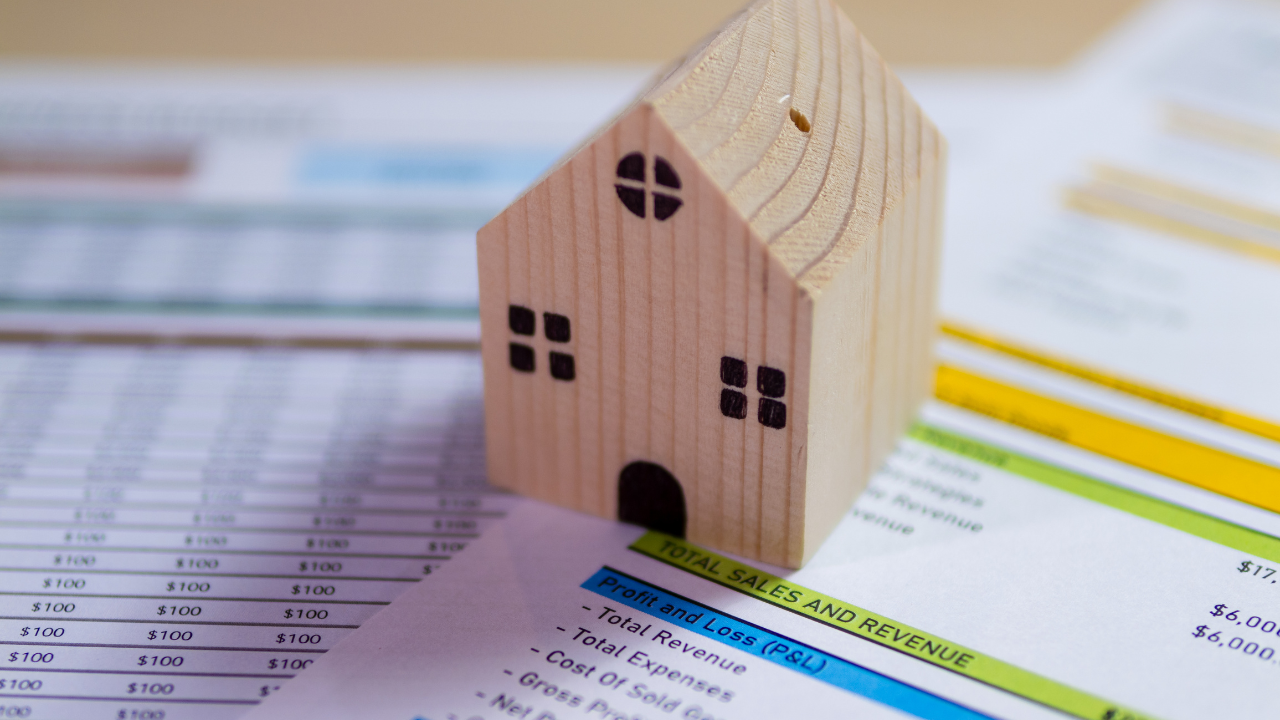Wondering where the housing market is heading in the final stretch of 2025? You’re not alone. With interest rates shifting, inventory playing hide-and-seek, and buyer behavior evolving, there’s a lot to unpack. In this forecast, we’ll break down everything you need to know — from economic trends to regional hotspots — to help you make smart decisions whether you're buying, selling, or just staying informed.
Economic Factors Influencing the 2025 Housing Market

Interest Rates and Federal Reserve Policy
The Fed has kept everyone on their toes this year. While 2024 ended with a string of rate hikes, 2025 brought a more cautious approach. We’ve seen marginal reductions in the federal funds rate, hinting at a soft-landing strategy. Mortgage rates, however, are still hovering around 6.5%–7%, impacting affordability and buyer urgency.
Inflation Trends
Inflation cooled slightly by mid-2025 but remains sticky in housing-related expenses — think rent, utilities, and insurance. That stickiness puts pressure on household budgets and has tempered some buying enthusiasm.
Job Market and Consumer Confidence
A strong job market (low unemployment, rising wages) has kept housing demand from collapsing. But with rising costs, buyers are proceeding more cautiously. Consumer confidence is moderate, creating a “wait-and-see” approach for many would-be buyers.
Home Prices: What's Ahead?

National Median Price Projections
Expect home prices to remain stable with modest gains — about 2%–4% by year-end. The market has cooled from its 2021–2022 highs, but we’re not heading for a crash. Instead, think slow and steady.
Regional Price Disparities
Hot markets like Florida, Texas, and parts of the Midwest are seeing continued upward pressure, while overpriced coastal metros are experiencing flat or even slightly declining prices. Migration patterns are driving these regional shifts more than ever.
Housing Supply and Inventory Levels

New Construction Trends
Builders have increased activity, especially in affordable and multifamily segments. Still, labor shortages and supply chain issues persist, slowing down the pace. Expect modest boosts in new inventory through Q4.
Existing Home Listings and Turnover
Inventory remains tight as many homeowners “lock in” low interest rates from prior years. This so-called “rate lock-in effect” is keeping existing home listings below historic norms. Don't expect a sudden flood of new listings.
Buyer Behavior Trends

First-Time Buyers vs. Investors
First-time buyers are being squeezed by high prices and rates, while institutional investors are pivoting toward rental units and build-to-rent models. The competition isn’t as fierce, but affordability remains a major barrier for newbies.
Urban vs. Suburban Preferences
Suburbs are still in demand, especially near metros offering remote or hybrid job options. That said, cities like Chicago, Charlotte, and Denver are seeing a mini-resurgence among younger professionals.
Seller Expectations and Strategies

Pricing Realistically in a Competitive Market
Overpricing your home in this market? Big mistake. Buyers are savvy and sensitive to interest rate math. Homes priced appropriately are still moving, while overpriced ones sit.
Renovations and Upgrades for ROI
Thinking of selling? Focus on cost-effective upgrades like kitchen refreshes, bathroom updates, and curb appeal boosters. Avoid overspending — you won’t always get the return.
Mortgage Rate Forecasts

Fixed vs. Adjustable-Rate Mortgages
With rates still elevated, some buyers are revisiting ARMs (adjustable-rate mortgages) as a short-term solution. Still, fixed-rate options remain the gold standard for long-term peace of mind.
Mortgage Accessibility and Lending Standards
Credit remains relatively tight, but options like FHA, VA, and first-time buyer programs are helping more people get into homes. Lenders are cautious but accommodating to well-prepared borrowers.
Technology and the Real Estate Market

PropTech Tools Gaining Traction
From 3D home tours to AI-driven valuations, tech is changing the game. Buyers are spending more time online before even stepping into a home — and agents are leveraging digital platforms to close deals faster.
AI and Automation in Real Estate Transactions
AI is making waves in contract generation, chat-based customer service, and even investment analysis. Expect smarter, faster, and more transparent transactions in the near future.
Market Hotspots to Watch

Fast-Growing Cities and Metros
Keep an eye on markets like Boise, Raleigh, Nashville, and Tampa. These cities offer job growth, affordability (relatively speaking), and lifestyle perks that are luring both young professionals and retirees.
Affordable Housing Development Hubs
States like Arizona, Georgia, and Indiana are seeing a surge in affordable housing initiatives, thanks to public-private partnerships and zoning reforms. It’s a win-win for communities and developers alike.
Luxury and High-End Market Insights

Foreign Investment and Demand Shifts
International buyers, especially from Canada, China, and South America, are returning to luxury U.S. markets after years of limited movement. Miami and NYC are among the top destinations.
Inventory Levels in the Luxury Segment
Inventory in the $1M+ range is slowly building, giving buyers more choice and negotiation power. Expect more price reductions and longer time-on-market compared to the frenzy of 2021.
Rental Market Forecasts

Rent Prices and Affordability
Rents have stabilized in many metros after years of rapid growth. However, affordability is still a concern, especially for Gen Z and Millennial renters. Look for incentives and concessions in competitive rental markets.
Multifamily Construction Outlook
Multifamily builds are up — especially in Sunbelt states. That’s good news for renters but may pressure existing landlords to keep prices in check and amenities high.
Risks and Wild Cards

Economic Recession
A potential late-2025 recession could shake things up. While the housing market may not crash, prices could stall, and lending could tighten.
Geopolitical Tensions and Global Trade
Supply chain disruptions and trade shifts (especially from Asia) could impact construction costs, delaying new housing projects and squeezing margins.
Advice for Buyers and Sellers

Buyer Tips for Late 2025
- Get pre-approved early — rates and lending standards matter.
- Be patient but prepared to act fast in hot markets.
- Negotiate — many sellers are open to closing cost credits or minor price cuts.
Seller Tips for Late 2025
- Price it right from the start — buyers won’t bite on greed.
- Stage your home — presentation still sells.
- Be flexible — concessions may help close the deal.
Conclusion
The housing market for the rest of 2025? It’s steady, nuanced, and full of opportunity if you know where to look. Whether you’re buying, selling, or renting, staying informed is your best investment. While we may not see explosive growth, smart moves — guided by data and market trends — can still pay off big.
FAQs
1. Will home prices drop significantly by the end of 2025?
Not likely. Most experts predict modest appreciation, with no signs of a widespread crash.
2. Are interest rates expected to drop before 2026?
Some mild decreases are possible, but we’re unlikely to return to 3%–4% rates anytime soon.
3. Is it a good time to buy a house in late 2025?
Yes, if you’re financially ready. There’s less competition and more room for negotiation.
4. What should sellers focus on in this market?
Realistic pricing, minor updates, and strong online presentation are key.
5. How is the rental market different from the homebuying market now?
Rents are stabilizing, and more supply is on the way — but homeownership still offers long-term wealth benefits.

.png)
